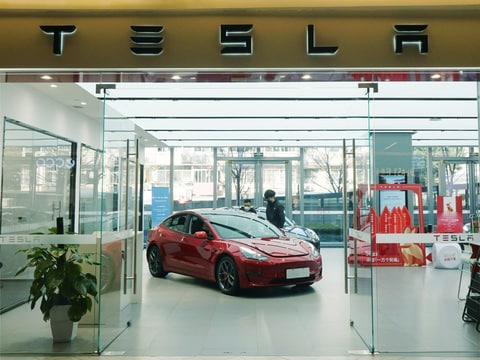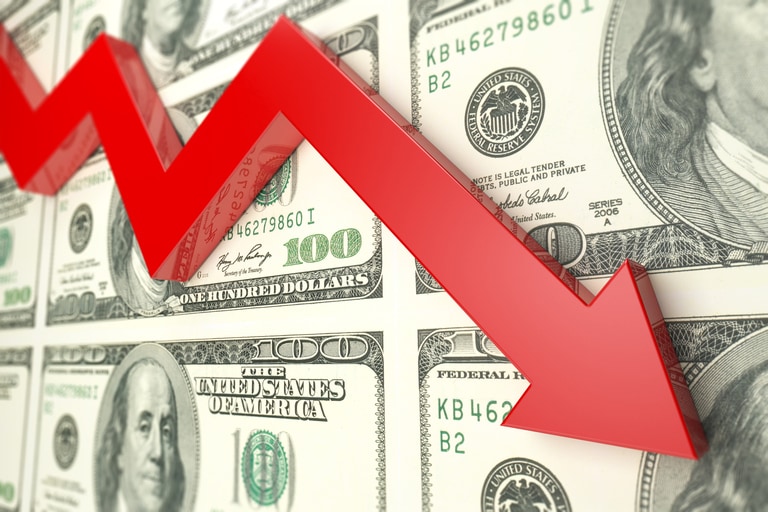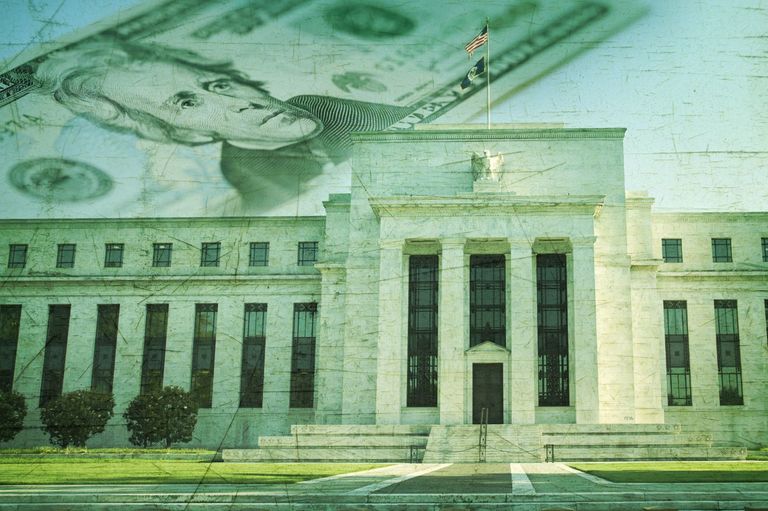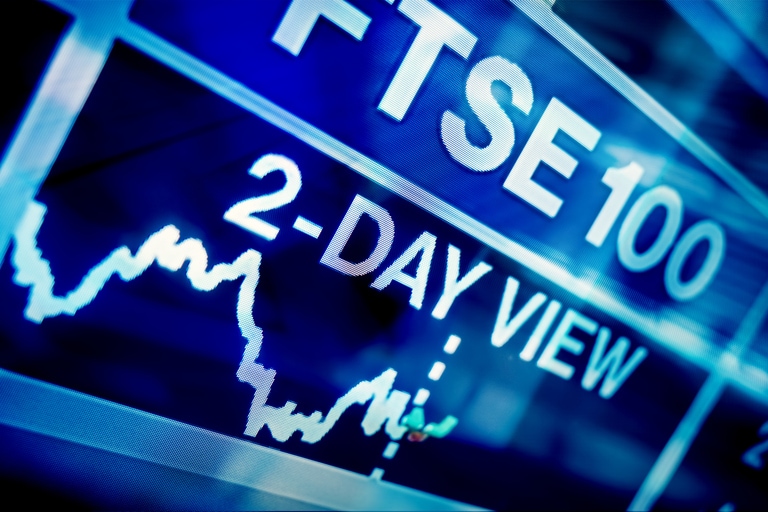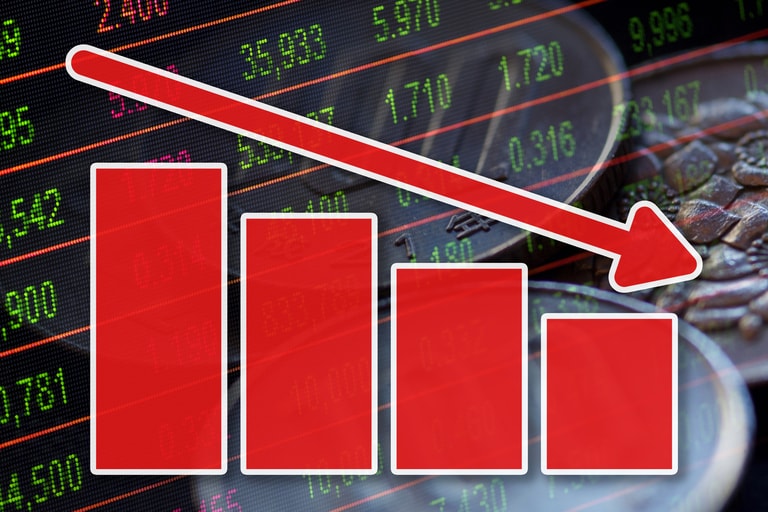When Toyota CEO Akio Toyoda recently talked about a "silent majority" in the auto industry questioning the wisdom of electric vehicles as the only way forward to a more sustainable future, it was welcome recognition of a truth that needs to be understood in an increasingly polarised debate.
In the rush to move away from petrol and diesel vehicles, automakers have been cajoled, browbeaten and strong-armed by governments and lobbyists to plough resources into a technology that still has significant short-comings, some of which are already becoming apparent.
The reality is that even with the best battery technology available, it still takes magnitudes of time longer to recharge an electric vehicle than it does to refuel a vehicle using a liquid fuel source. That’s even before you take into account the extra electricity grid capacity needed to be able to handle the extra drain and costs of charging an electric vehicle in a public space, in the absence of a home charging point.
We’ve already seen the advent of surge pricing during peak periods from Ubitricity, which is owned by Shell, the UK’s largest public charge point operator, which makes it more expensive to run an electric car than it does a petrol-powered car, and that’s if you are able to find an available charging point. Furthermore with prices subject to 20% VAT, and a lack of charging point infrastructure outside city centre areas, an electric car still remains a luxury for most people.
This perhaps explain why a lot of the froth has come out of the Tesla share price in recent months, putting to one side the distractions CEO Elon Musk is having to contend with when it comes to his acquisition of Twitter.
While the concept of owning an electric car appears a straightforward one when it comes to emissions, the production of every single vehicle is very resource intensive, and with electricity prices now much higher than they were two years ago, the economic case for owning one is less compelling. In addition, the grid upgrades required to cope with the extra capacity as more people move to electric vehicles will need huge levels of investment into power infrastructure. These upgrades to power grids will draw on the very same resources that are required to make electric cars.
Quite simply, there isn’t an infinite supply of copper, cobalt, lithium and all the other rare earth metals required, which means other options need to be considered when developing new power train technologies. These can be other hybrids including taking advantage of hydrogen, as well as other types of fuel cell technology.
This will be Tesla’s challenge moving forward, and while they have come a long way in the last few years – this year they easily passed the 1m mark for vehicle deliveries – they also offered some hefty discounts in an effort to shift their stock, in China, and now today in Germany, putting downward pressure on margins in the process.
The main automakers, the likes of Toyota, Volkswagen and Ford, are now entering the fray with respect to electric vehicles, and with their greater resources and dealer networks they could well start to eat Tesla’s lunch.
Early mover advantage has certainly favoured Musk and the Tesla brand, but the main automakers still sell millions of more product than Tesla does, albeit not of the EV variety, but that will still help when it comes to the transition process, as they merely need to retool existing capacity, as opposed to building new capacity.
Toyota sold 8.2m automobiles in its fiscal year 2022, 6.3m of which were outside Japan, while Ford sold 13.8m vehicles during the same year on revenues of $151.73bn.
Tesla’s annual revenues this year are projected to come in at $82bn, after it was reported that Q4 sales rose to a new record of 405,278, a 40% increase year on year, helped to some extent by Tesla having to cut prices during the quarter to help shift inventory. Total revenues for the year are expected to rise by more than 50% versus a year ago, however margins are likely to be lower.
The dissipation of early mover advantage may have helped Tesla on the way up to the highs we saw in November 2021 above $400, and while the shares are now down at $120, Tesla still has a market cap of $390bn, which is more than the market cap of Ford, Toyota and VW combined. For comparison, Ford has a market cap of $53bn, Toyota $233bn, and VW $80bn.
Tesla may be cheaper than it was at its 2021 peak, and may down over 60% in the last 12 months, but that doesn’t mean it can’t get cheaper.
Tesla 2-year daily chart
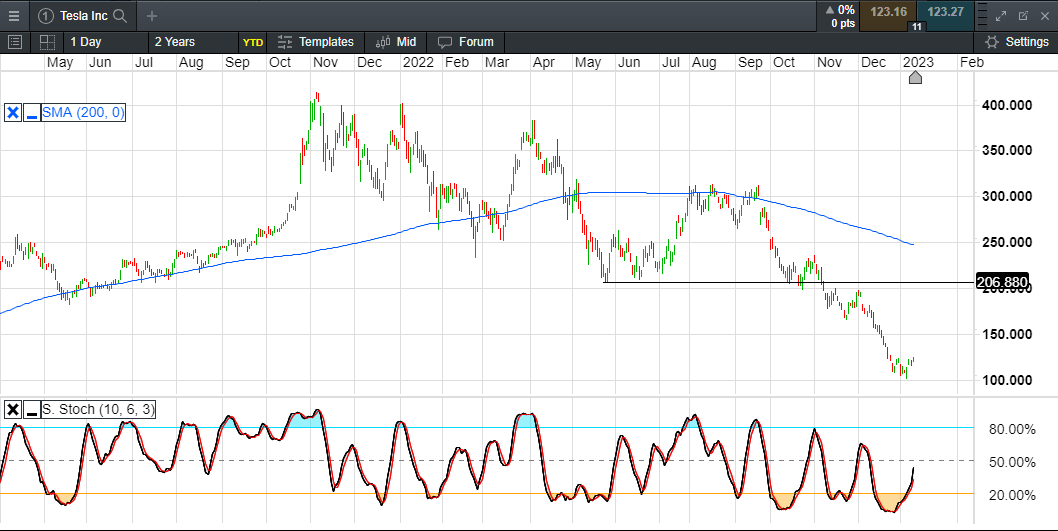
Source: CMC Markets
Now that interest rates are no longer anchored close to zero, where they have been for most of the last 15 years, valuations are now starting to come under greater scrutiny than they were two years ago, now that interest rates are normalising. This normalisation means we have firmly moved from a TINA (There Is No Alternative) world, to a world where money now has a value, and is likely to mean a lot of companies are being held to a higher benchmark when it comes to their growth potential.
For now, Tesla has managed to rebound from support at the recent lows at $100, and could extend this back towards $150 in the short- to medium-term, however the company will need to continue to deliver on both production and margins if it is to justify its current valuation. With the increased competition expected to come from the bigger automakers in the coming months and years, this looks a huge ask, which means we could well see further share price declines in the next 12 months.
Disclaimer: CMC Markets is an execution-only service provider. The material (whether or not it states any opinions) is for general information purposes only, and does not take into account your personal circumstances or objectives. Nothing in this material is (or should be considered to be) financial, investment or other advice on which reliance should be placed. No opinion given in the material constitutes a recommendation by CMC Markets or the author that any particular investment, security, transaction or investment strategy is suitable for any specific person. The material has not been prepared in accordance with legal requirements designed to promote the independence of investment research. Although we are not specifically prevented from dealing before providing this material, we do not seek to take advantage of the material prior to its dissemination.
